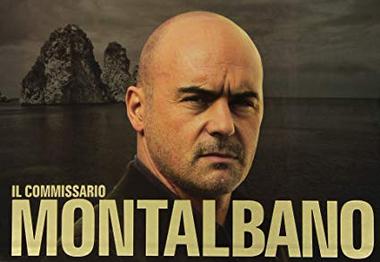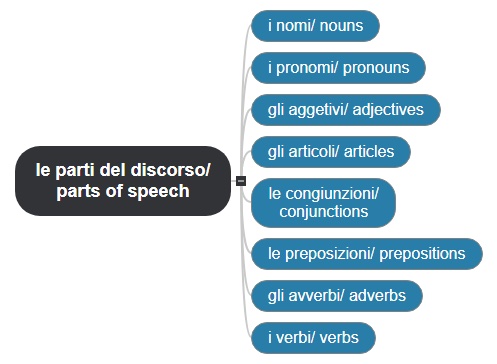
Il commissario Montalbano risolve i misteri della grammatica italiana
Inspector Salvo Montalbano is the fictional police chief, a brilliant detective created by best-selling Italian writer Andrea Camilleri, in a series of novels and short stories.
Andrea Camilleri (1925-2019) was born in Porto Empedocle, a town in the Agrigento province of Sicily. The town became the inspiration for the imaginary setting of Vigata in the series featuring Inspector Montalbano who ran it’s police force. Much of the series was actually filmed in and around Scicli, a town near Ragusa in the southeast of Sicily.
Andrea Camilleri studied literature at the University of Palermo and later lived in Rome. He taught theater for more than 20 years at the National Academy of Dramatic art in Rome.
He received numerous honorary degrees from both Italian universities and universities abroad. Camilleri was almost 70 when he wrote The Shape of Water, the first book starring his now famous Sicilian detective, il commissario Montalbano. Many of the 27 novels have been translated into 32 languages, with more than 30m copies sold making Camilleri one of the most popular Italian writers in history.
For more about this famous author, see the Fondo Andrea Camilleri.
The popular 37-episode TV series first broadcast on RAI and later on BBC has received international acclaim. You can see the entire series (in Italian with English sub-titles) streamed on MHz.
This astute detective works in and around the fictional Italian town of Vigata in Sicily. In the TV series, the actor Luca Zingaretti plays the role of il commissario Montalbano.
With Inspector Montalbano as your guide, join us in unraveling the mysteries of Italian grammar.
Italiano
Suggerimento grammaticale dal commissario Montalbano

Parts of Speech/ le parti del discorso

General
- Days of the week/ i giorni della settimana
- Farewells/ gli addii
- Greetings/ i saluti
- Months of the year/ i mesi dell’anno
- Introductions/ le presentazioni
- Parts of speech/ le parti del discorso
Adjectives/ gli aggettivi
- Contrasting adjectives. gli aggettivi contrastanti
- Definite articles/ gli articoli determinativi
- Indefinite articles/ gli articoli indeterminativi
- Masculine, feminine and plural forms for the adjectives of color. Gli aggettivi di colore
- Possessive adjectives/ gli aggettivi possessivi
Nouns/ i nomi
Pronouns/ i pronomi
Verbs/ i verbi
- Verb ‘to have’/’avere’. Irregular verb. Present indicative tense. Il verbo ‘avere”
- Expressions with ‘avere + noun’
- Using ‘avere’ to express age
- Verb ‘to be’/’essere’. Irregular verb. Present indicative tense/ il verbo ‘essere’
Adverbs/ gli avverbi
Conjunctions/ le congiunzioni
Prepositions/ le preposizioni
Sentences/ le parole straniere
Abbreviations/ le abbreviazioni
Accents/ gli accenti

